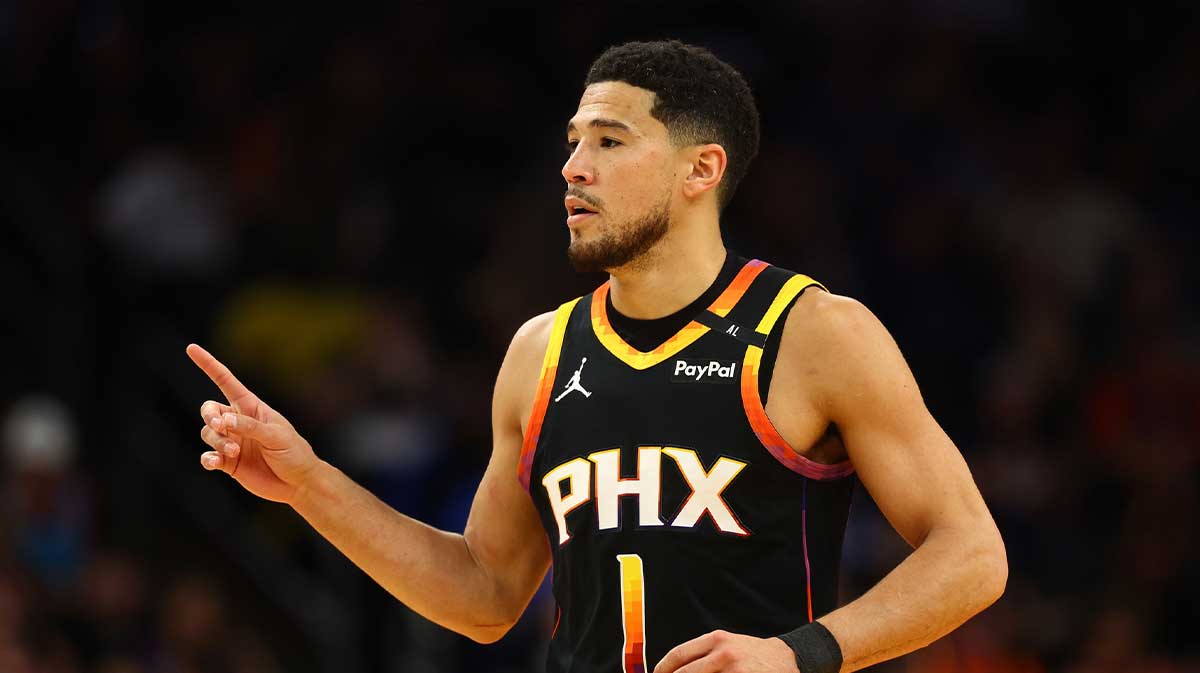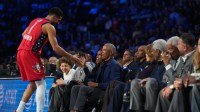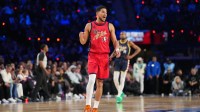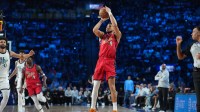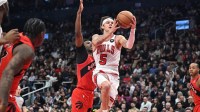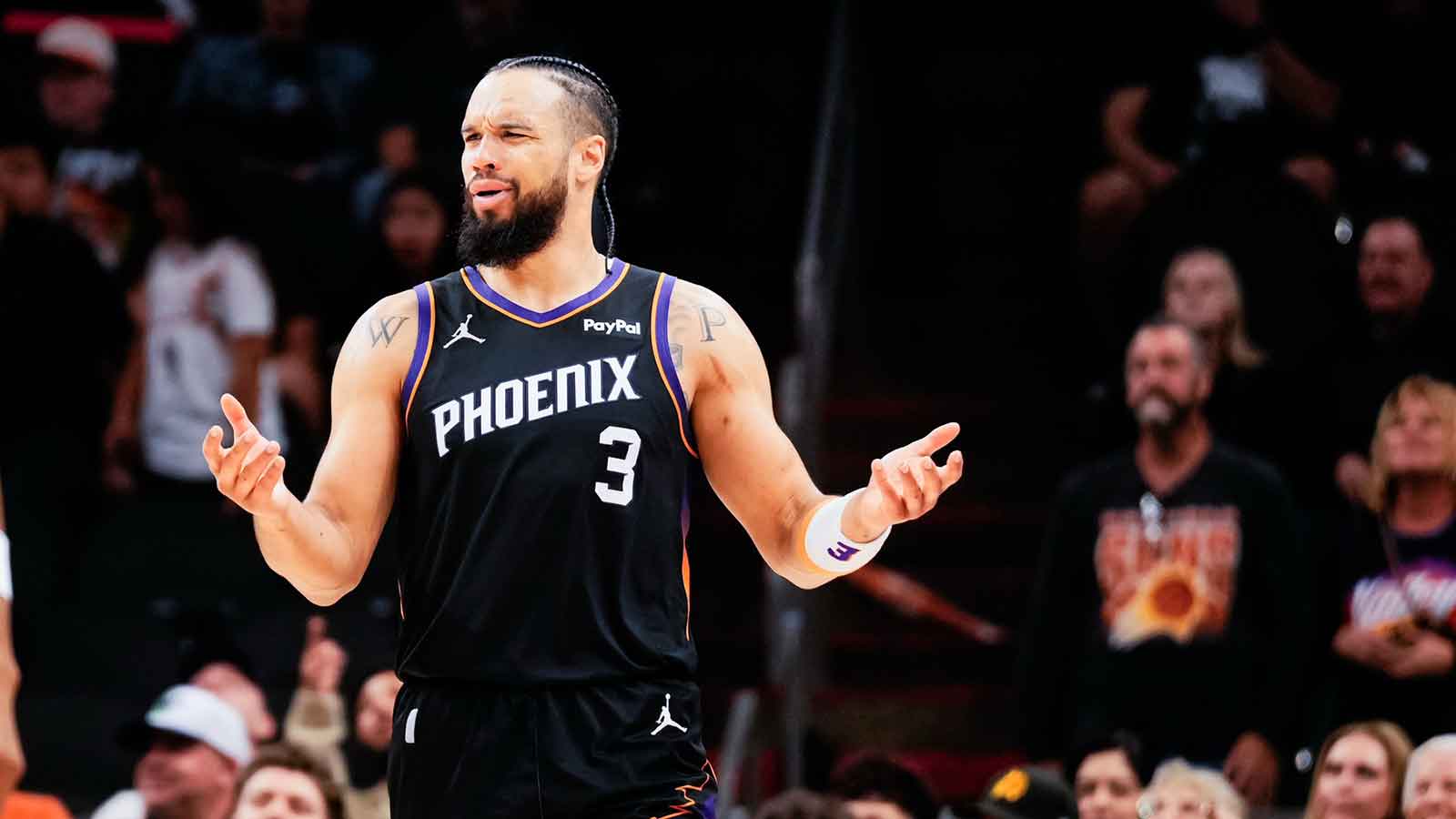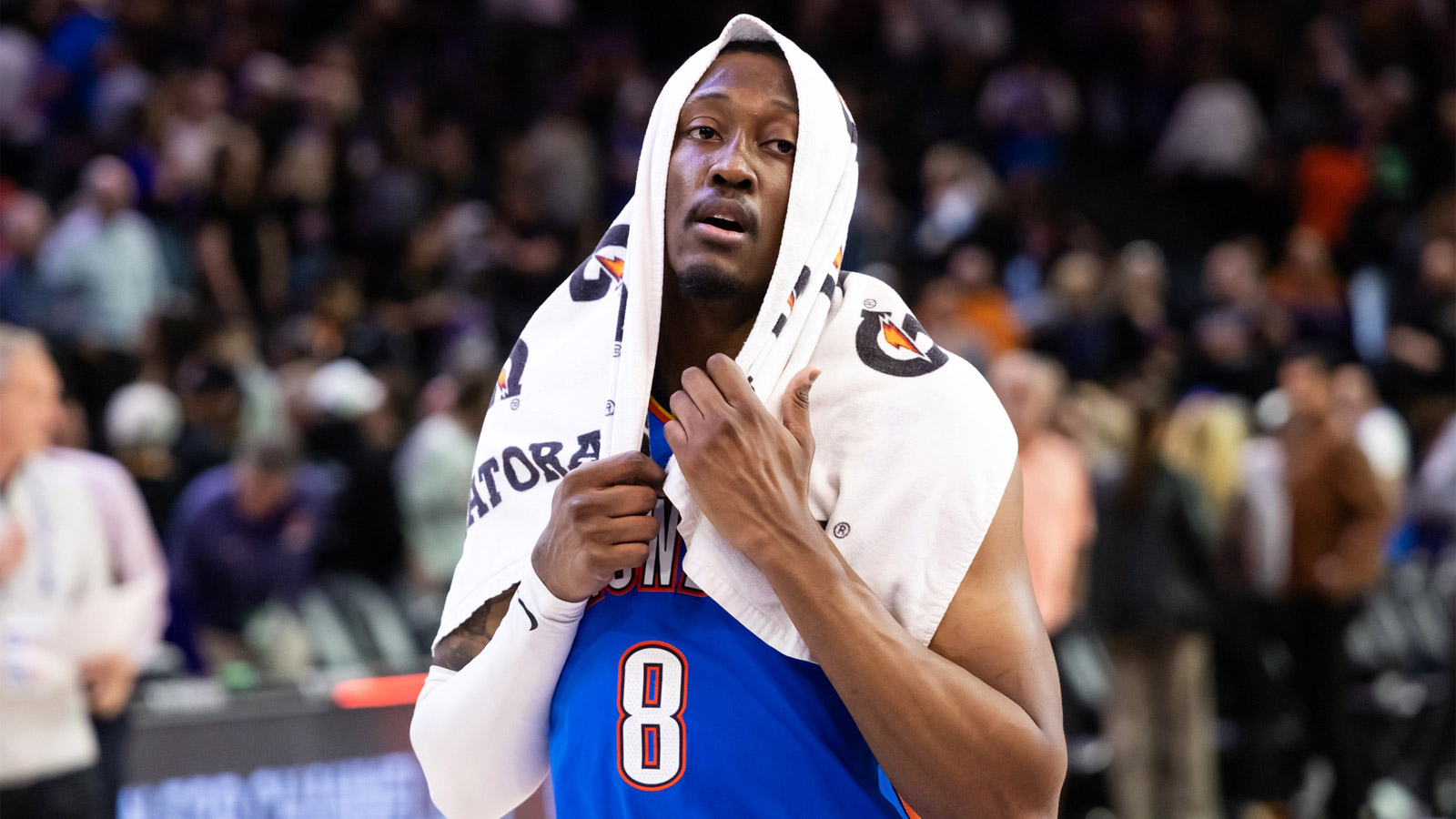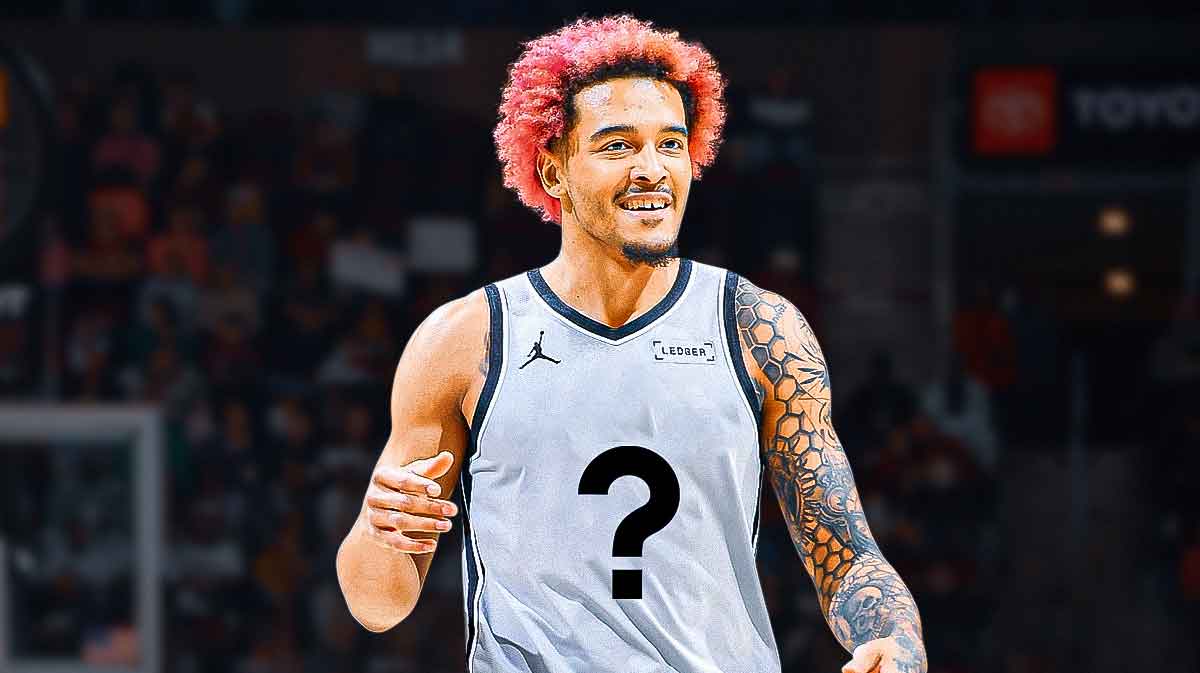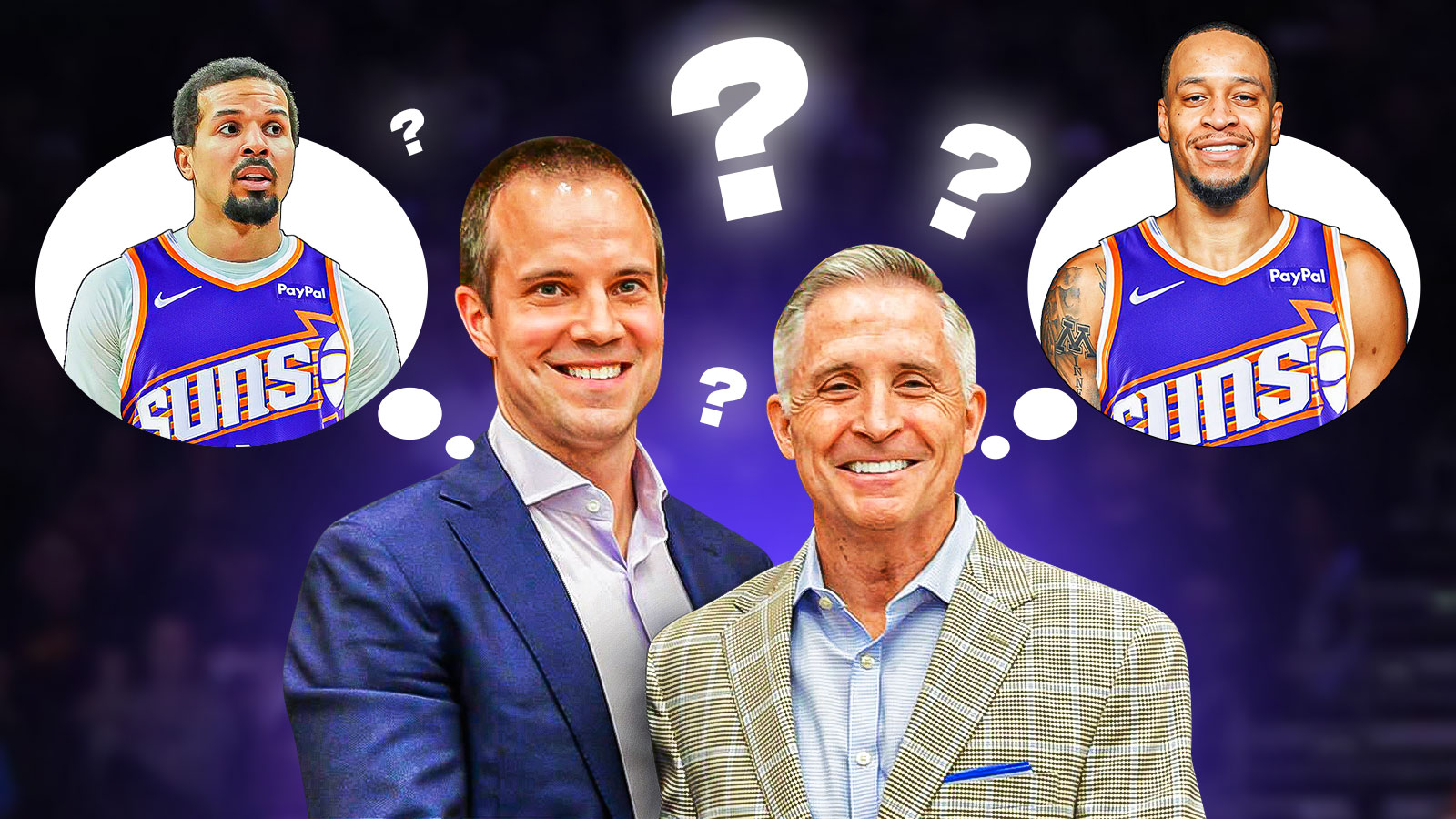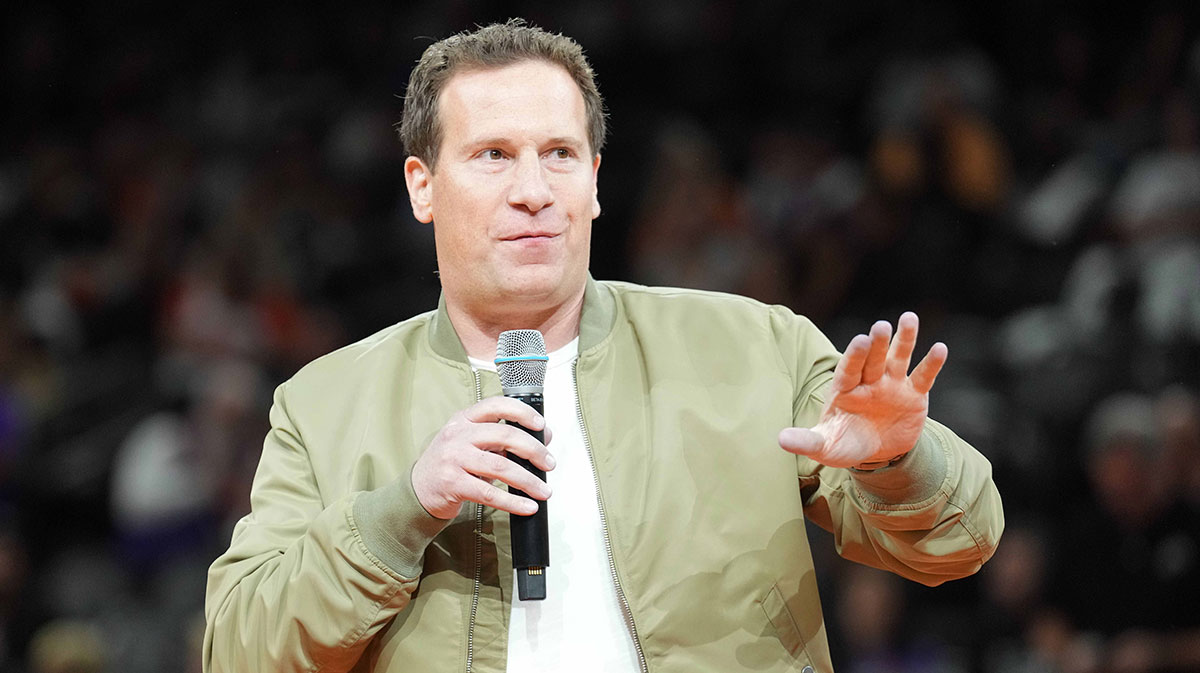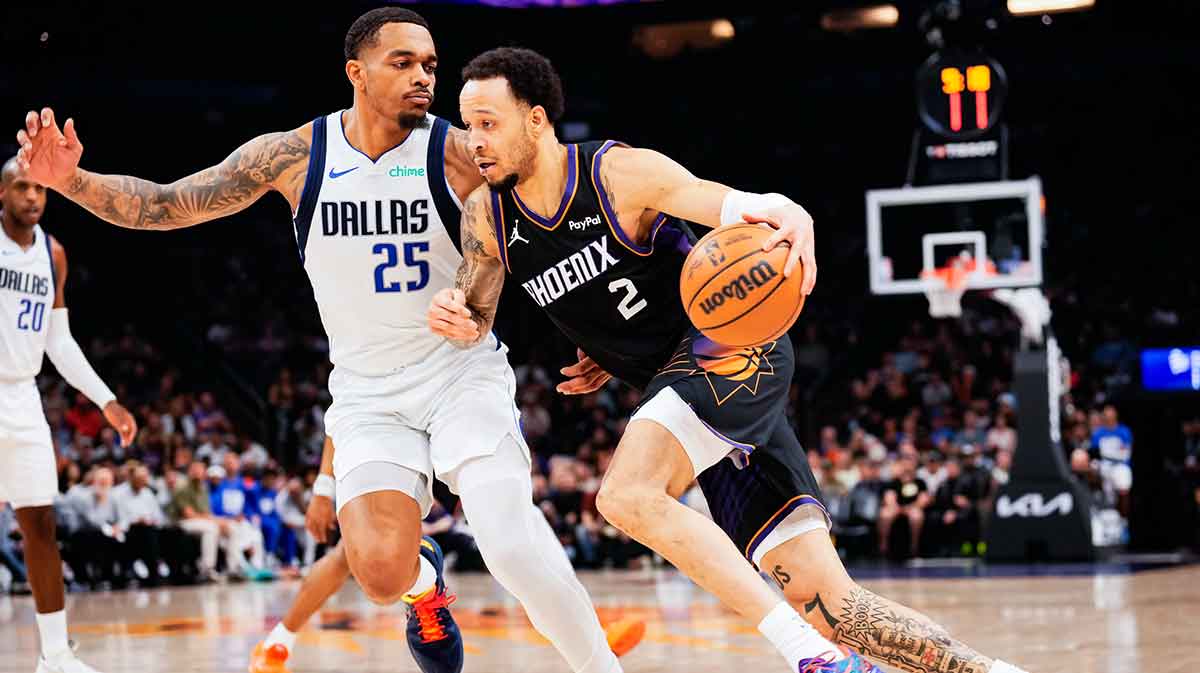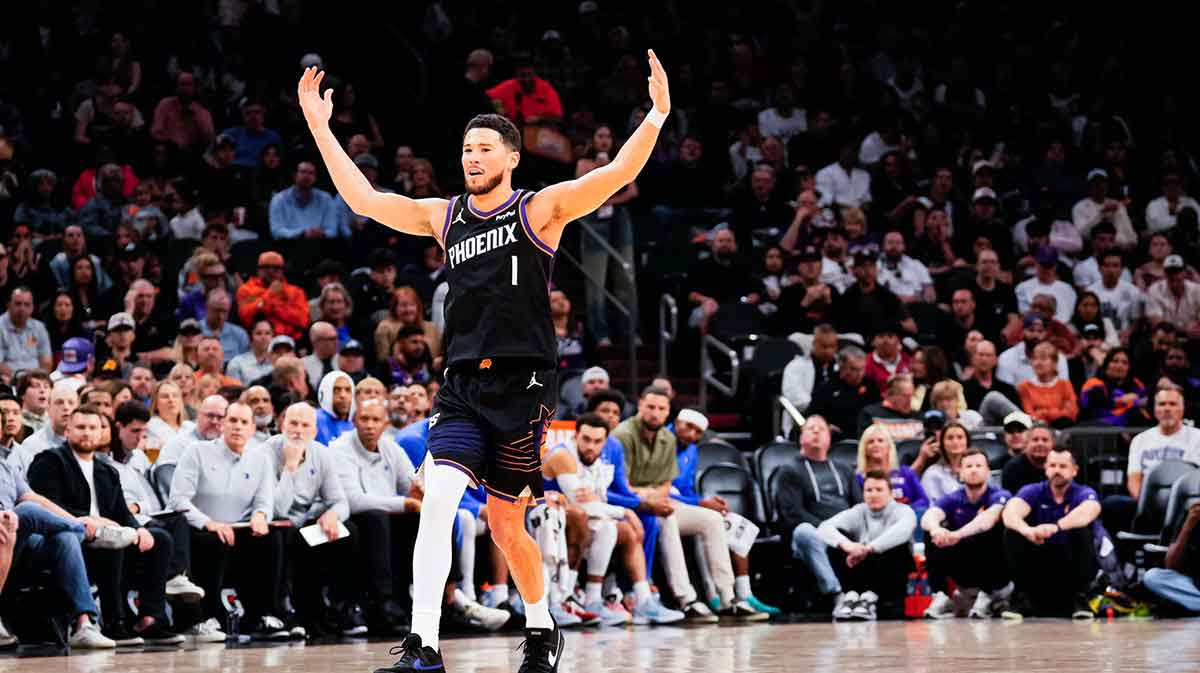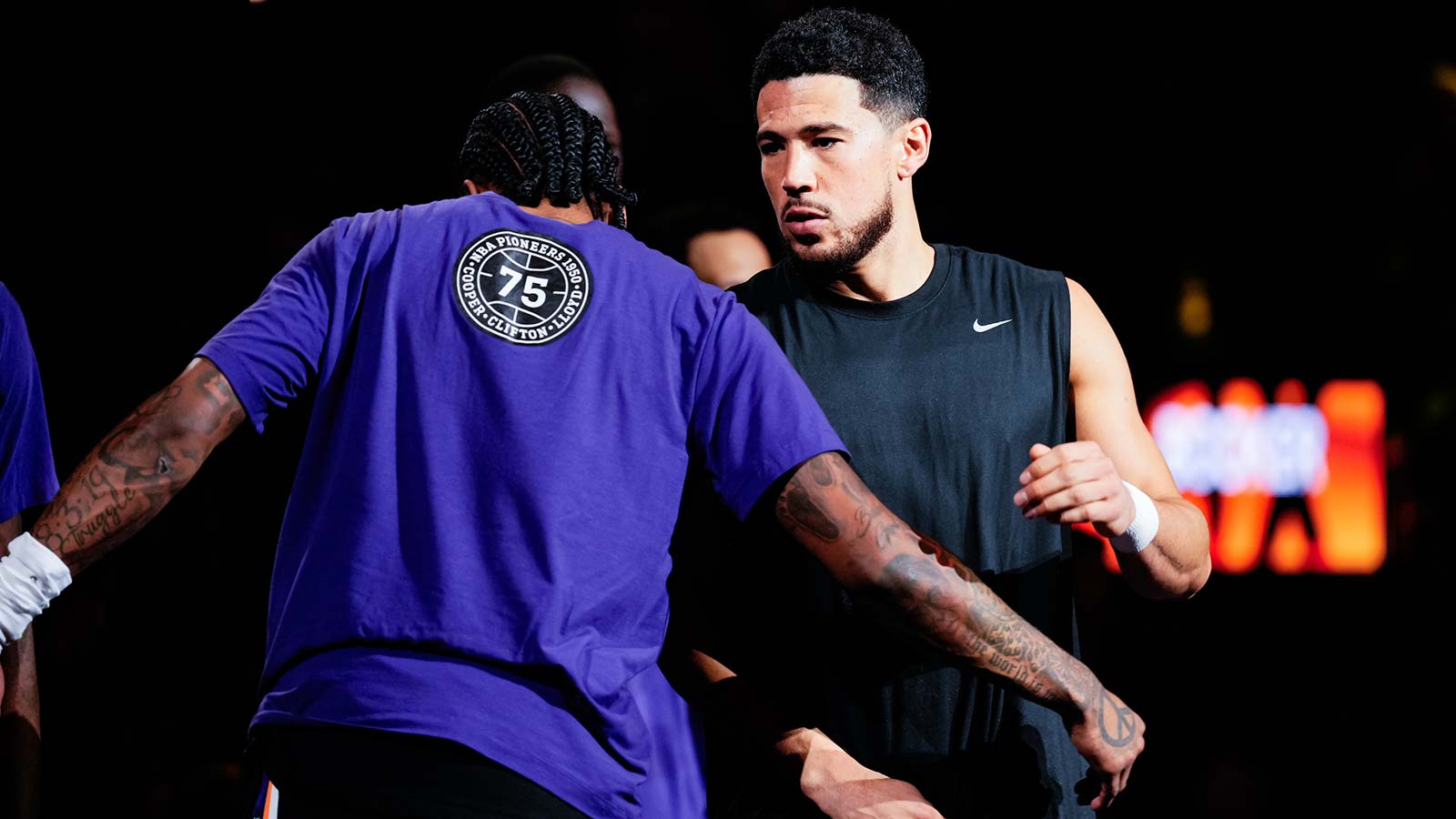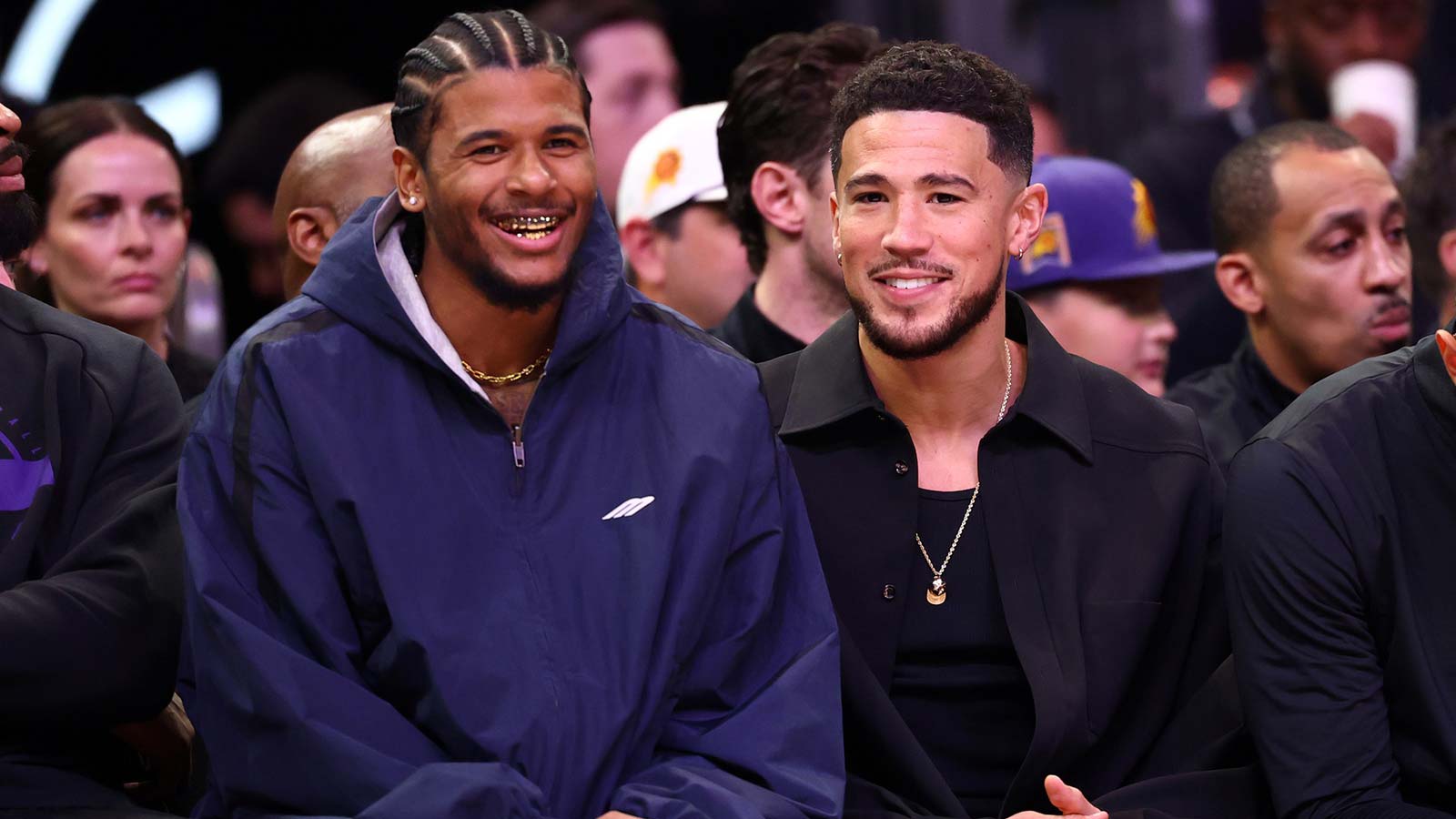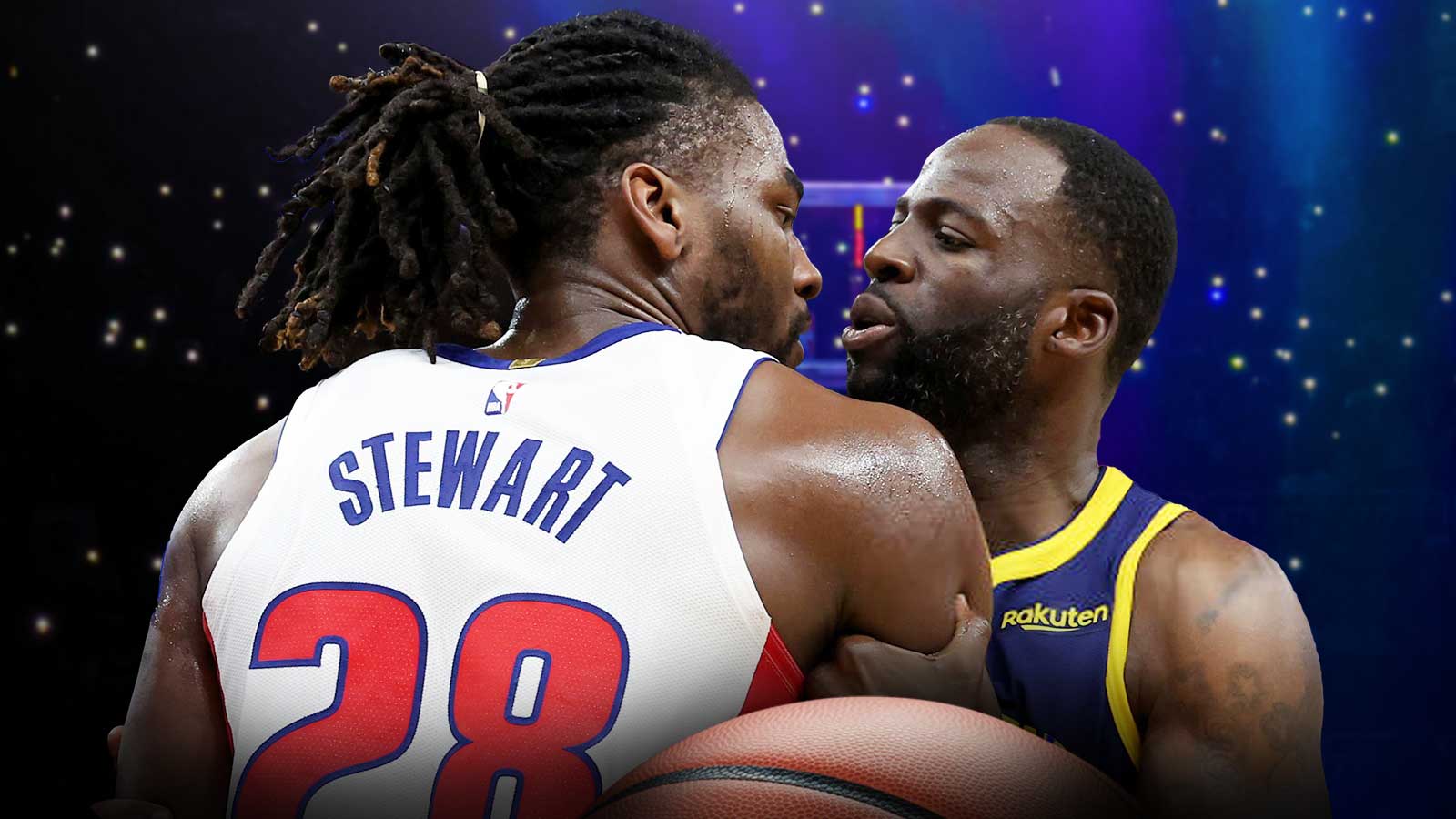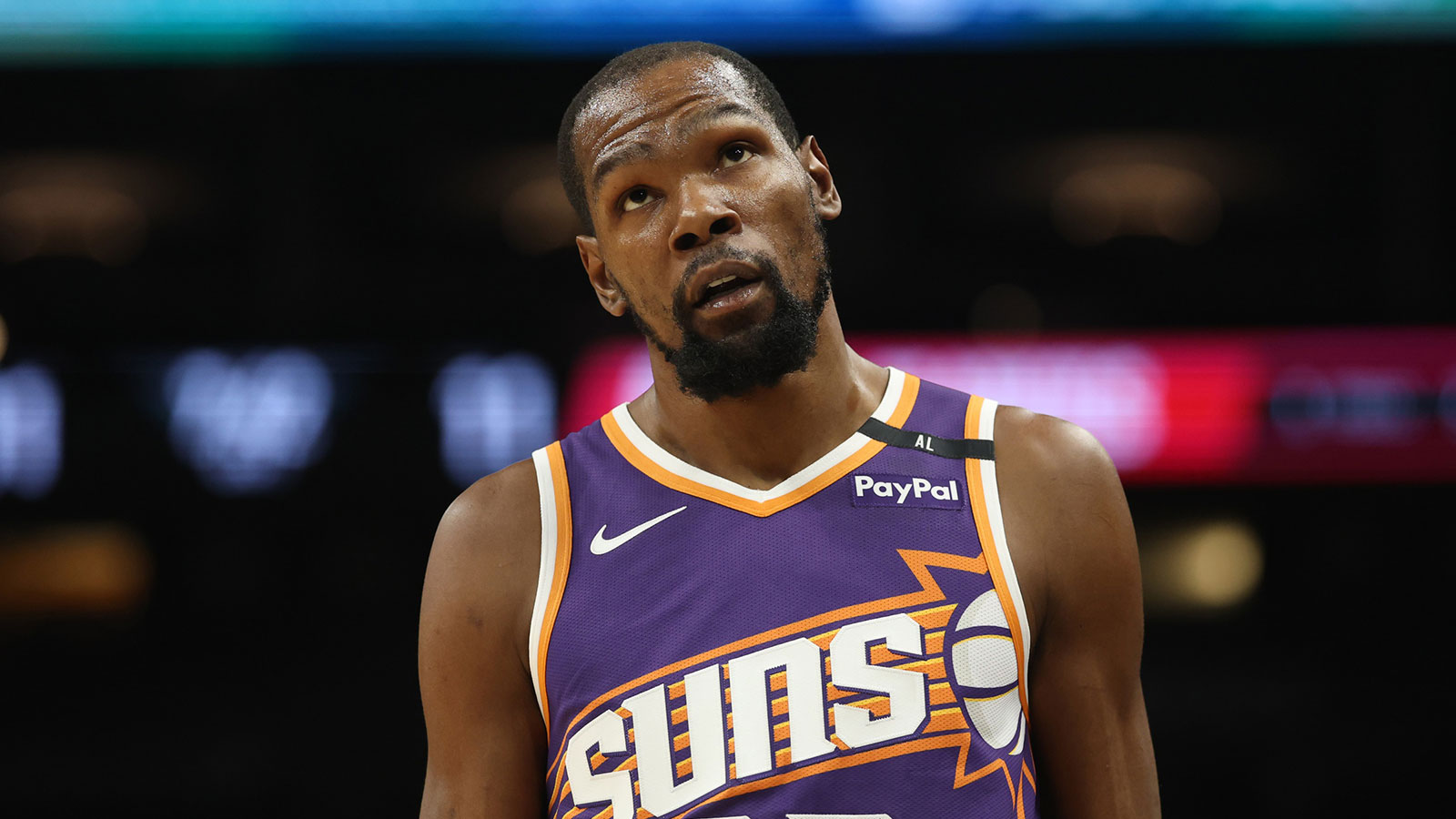The Phoenix Suns entered the 2025 offseason with a mandate to restructure. After a disappointing 36-win season, change wasn’t optional – it was inevitable. What followed was one of the most proactive and intriguing offseasons in the league. Phoenix made noise in the 2025 NBA Draft, shined in Summer League, and pulled off headline-making trades.
Yet, despite all the movement, one glaring weakness still lingers: the lack of a true point guard. Below, we’ll grade every move the Suns made during free agency – including signings, trades, and contract renewals – and evaluate what they got right and where they may have gone wrong.
Suns' free agency signings & re-signings grades
Signed Collin Gillespie
This is a solid, low-risk signing. Collin Gillespie brings high IQ, shooting, and unselfish play, but he is best suited as a third-string point guard. His presence might stabilize the second unit briefly, but Phoenix is still lacking a reliable lead guard to run the offense consistently. Gillespie alone doesn’t fix that.
He’s a great locker room presence and a floor-spacer who won't make many mistakes. However, if the Suns are counting on him for rotation minutes, it reflects a deeper issue.
Grade: B
Re-signed Nigel Hayes-Davis
Hayes-Davis was an end-of-bench flyer last year, and re-signing him feels more like a depth move than a strategic priority. He’s a versatile wing who showed some energy in short stints, but it’s hard to imagine him cracking a serious rotation. If Phoenix sees something fans haven’t, it’ll be interesting to monitor. Otherwise, this is a low-impact decision.
Grade: C+
Rewarded Devin Booker with a new contract for loyalty
The Phoenix Suns made one thing clear: Devin Booker is their cornerstone. Amidst the departures of Kevin Durant and Bradley Beal, and a shift away from the failed superteam experiment, the Suns doubled down on their franchise’s identity by signing Booker to a two-year contract extension worth approximately $145 million.
The deal kicks in starting with the 2028–29 season and keeps Booker under contract through 2030. It’s a massive financial commitment, but one that aligns with both performance and principle.
Major trades: Redefining the Suns' identity
Acquired Jalen Green from the Houston Rockets
Jalen Green gives Phoenix a much-needed injection of athleticism and youth. The 23-year-old guard is one of the NBA's most explosive athletes, with the potential to thrive in an uptempo offense. While his decision-making and defense are still inconsistent, pairing him with Devin Booker forms one of the league’s most dynamic backcourts.
Green’s ability to get downhill, play above the rim, and create off the dribble adds a completely new layer to the Suns' offense – something they missed last year when Bradley Beal failed to fit in.
Acquired Dillon Brooks in a separate deal
Dillon Brooks brings toughness and perimeter defense, a much-needed asset for a team that often folded under pressure in the 2024-25 campaign. He’s a polarizing figure, but Phoenix lacks defensive-minded wings who can take on top assignments every night. Brooks’s playoff experience and grit make him a valuable fit alongside Booker and Green, as long as his shot selection remains disciplined.
Draft Picks and summer league standouts
While not technically part of free agency, Phoenix’s draft and Summer League performances deserve mention due to how they shape the roster.
Khaman Maluach, the 7’2” athletic center, looks like a future anchor. Koby Brea has shooting touch and poise. Sophomores Oso Ighodaro and Ryan Dunn showed real growth, especially on the defensive end.
— Phoenix Suns (@Suns) July 20, 2025
Their collective success adds depth and promise to a roster that was top-heavy last year. It also highlights the need for a floor general to tie the pieces together.
The missing piece: No true point guard
The biggest concern from this offseason isn’t who the Suns signed – it’s who they didn’t. With no true floor general on the roster now, Phoenix runs the risk of repeating the same offensive stagnation issues from last year.
Devin Booker is best used off the ball, operating as a scorer and secondary playmaker. Jalen Green is still learning how to read NBA defenses. A veteran point guard who can run the offense, set the tempo, and feed their scorers in rhythm would elevate this team from interesting to dangerous.
It’s unclear whether Phoenix is waiting for a buyout market opportunity or banking on internal solutions like Gillespie. Either way, it’s a dangerous bet.
Suns 2025 offseason departures: Shedding the old core to build anew
Change was inevitable for the Phoenix Suns after a turbulent 2024–25 season that ended with just 36 wins and no clear direction. The team needed to reset its culture, cap sheet, and roster balance, and that began with letting go of several key players from the previous regime. While some departures were expected, others came as part of larger strategic pivots. Together, they mark the end of an era in Phoenix and the beginning of a new, more flexible identity.
Kevin Durant
The Phoenix Suns’ 2025 offseason was defined by change, but no departure loomed larger than that of Kevin Durant. The two-time Finals MVP, future Hall of Famer, and centerpiece of Phoenix’s 2023 all-in gamble is no longer a Sun. His exit didn’t just close a chapter – it closed a book the franchise had spent years writing.
Durant’s departure was not entirely shocking, but it was deeply symbolic. It marked the official end of the “superteam era” in Phoenix, one that never quite delivered on its promise.
Bradley Beal (waived)
The most headline-grabbing departure of the offseason was the official waiving of Bradley Beal. Just two years removed from a highly publicized trade that brought him to Phoenix, Beal's tenure with the Suns was underwhelming at best. Injuries, inconsistent performances, and an ill-fitting role alongside Devin Booker and Kevin Durant limited his impact.
BREAKING: Three-time NBA All-Star Bradley Beal has agreed to a contract buyout with the Phoenix Suns and plans to join the Los Angeles Clippers on a two-year, $11 million deal with a player option after clearing waivers, Mark Bartelstein of @PrioritySports told ESPN. pic.twitter.com/gxZB0ObSms
— Shams Charania (@ShamsCharania) July 16, 2025
Last season, Beal struggled to find rhythm as a secondary ball-handler and often looked out of sync in the Suns’ system. His bloated contract – originally a $251 million deal signed in Washington – became a financial albatross. In the end, the Suns used the league’s new waiver and stretch provisions to absorb his contract in smaller annual cap hits, freeing up short-term flexibility.
Beal's exit signals a hard pivot from the failed “Big Three” experiment and a return to building around Booker with complementary athleticism and depth.
Tyus Jones (not re-signed)
Tyus Jones was a stabilizing presence last season, arriving as a stopgap solution to the Suns’ longstanding point guard issues. On a one-year, minimum contract, he exceeded expectations early in the season with smart decision-making, low turnovers, and good tempo control.
However, Jones' limitations became apparent as the season progressed. At just 6'1″, his defensive liability and lack of downhill pressure made him a tough play against longer, more athletic guards. Down the stretch, his minutes were cut in favor of bigger wings, and he ultimately became expendable. The Suns chose not to re-sign him, preferring to bet on internal development and the trade market.

